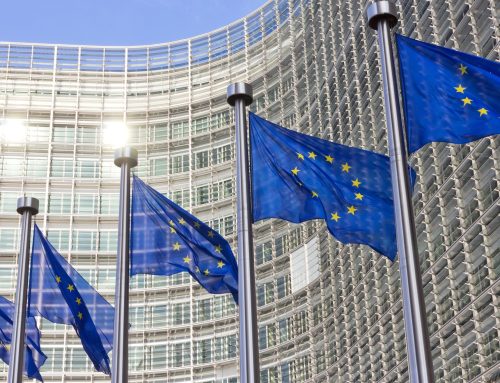Introduction
As the de facto gateway to the vast troves of information available online, search services play a critical role in the modern information ecosystem. They are often the starting points for people’s questions about the world around them, from the innocuous to the deeply consequential. The results generated by search algorithms can therefore influence everything from consumer behavior to people’s political and social preferences, often in ways that are imperceptible to users of those systems. Given this significant power, search services are also targets of those who seek to manipulate information to advance a particular, and at times malign, agenda. This includes those working for or on behalf of autocratic foreign governments, who can attempt to leverage search results to whitewash human rights abuses, attack opponents, or interfere in the internal affairs of other countries. The threat is particularly acute with well-resourced states that operate global state-backed media outlets, troll farms, and other state-aligned information outlets that allow them to exploit search services through strategic content production, search engine optimization, or intentional manipulation. To evaluate this potential risk, we analyzed data over a 30-day period across six search products on four search services (Google Search, Google News, Microsoft Bing, Bing News, Yandex Search, and Baidu Search) to assess the prominence of foreign state-linked websites, or those that reproduce content from those websites, in search returns for queries related to topics of national importance to the United Kingdom. Importantly, we could not assess, nor was it our intention to assess, whether the prominence of any state-linked sources in search results was the result of deliberate manipulation by those states or merely the product of search algorithms determining that the content produced by those sites was relevant to a given query. We also did not assess the relative quality of any individual state media outlets. We recognize that state-backed information sources exist on a broad spectrum in terms of their authoritativeness and journalistic standards, and that a connection to a foreign state is not necessarily problematic and should not be viewed by search services as an inherent risk. In short, our efforts to understand the prominence of state-linked sources in search results should not be viewed as an attempt to document wrongdoing, either by the sources themselves or by the search services that surfaced those sources. In addition, although we attempted to select topics that were important to UK interests instead of those that favored the interests of any one foreign government, some of the chosen queries—notably those related to the war against Ukraine—were more likely to be the focus of messaging from certain countries. Results from this study should therefore not be used as comparative data points to suggest that any one state is more influential in UK search results than any other. Instead, the goal of this research was simply to gain a better understanding of how and how often content from websites with direct or indirect links to foreign states—primarily state-backed media outlets but also websites directly or indirectly linked to foreign governments or foreign intelligence services—surfaced in search results in the four constituent countries of the UK. Though we offer several illustrative examples highlighting specific vulnerabilities uncovered by our research, the bulk of this report is focused on assessing a potential risk of foreign interference by identifying the types of variables—from the topic searched for to the language used—that regularly generated search results from state-linked websites, without assessing whether the content of those search results is potentially illegal under the UK’s newly created Foreign Interference Offense included in the National Security Act 2023. We did, however, pay particular attention to the presence of content produced by media outlets currently sanctioned by the UK government, namely Russian state media outlets that were sanctioned after Russia’s full-scale invasion of Ukraine in 2022.






